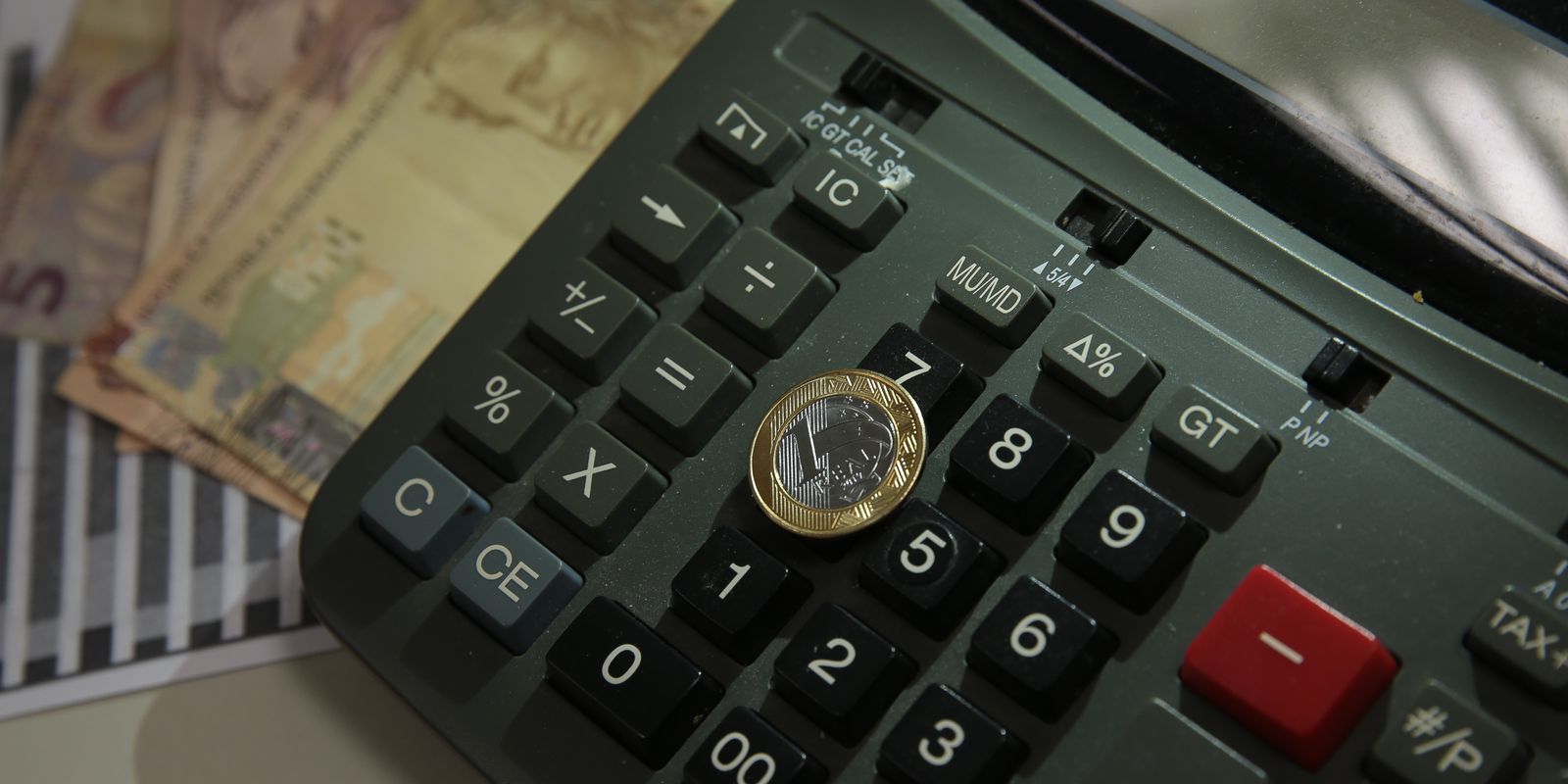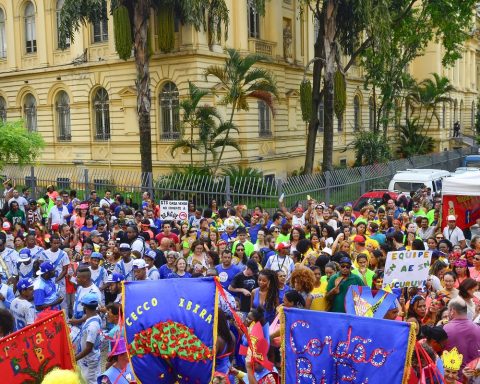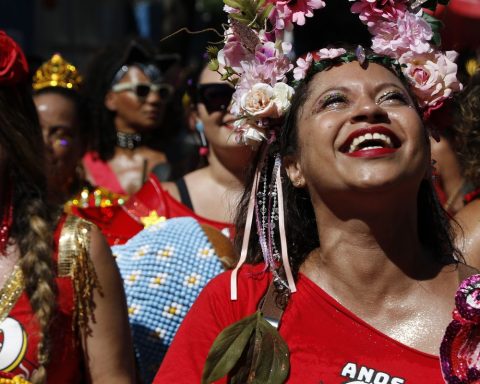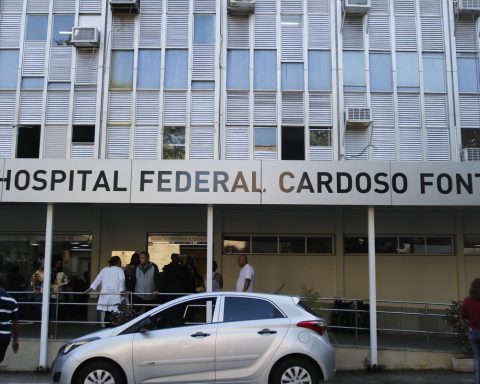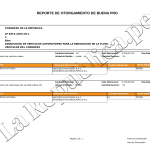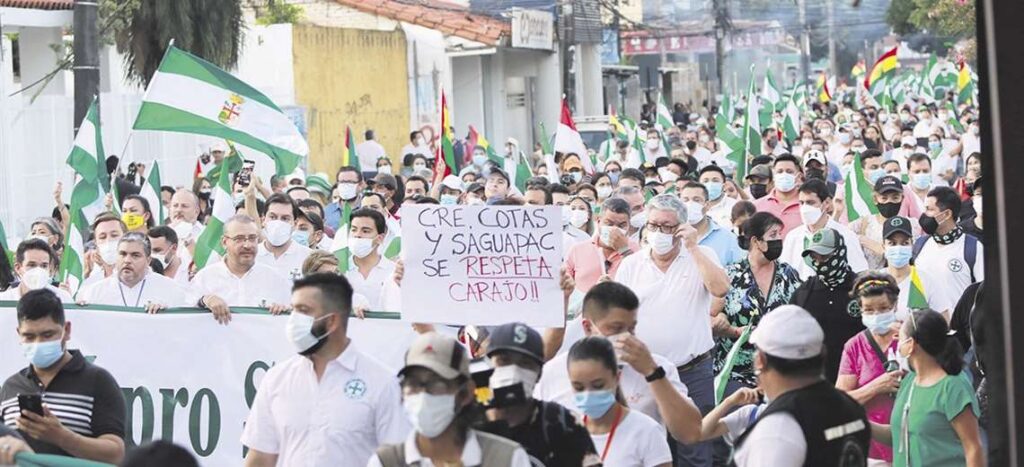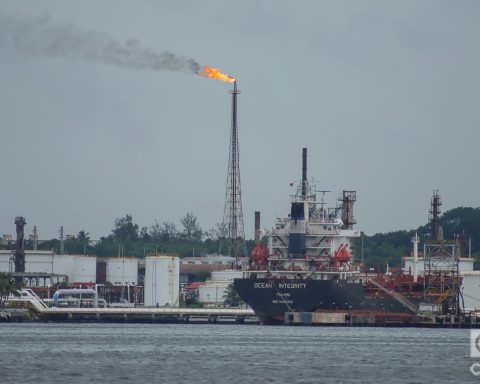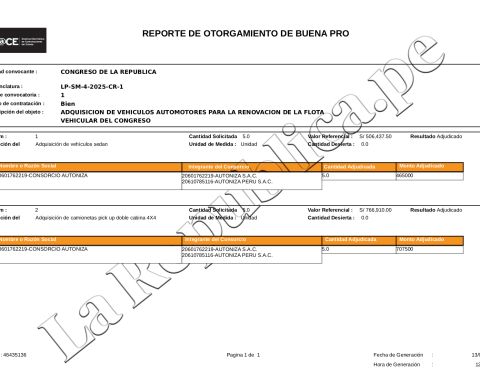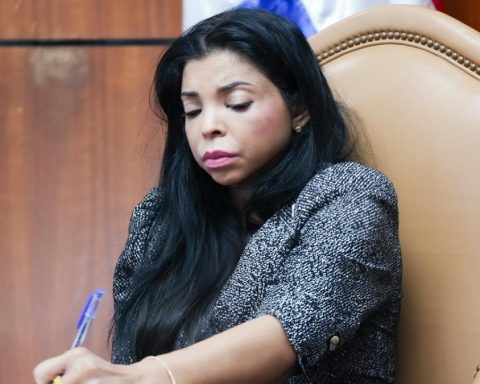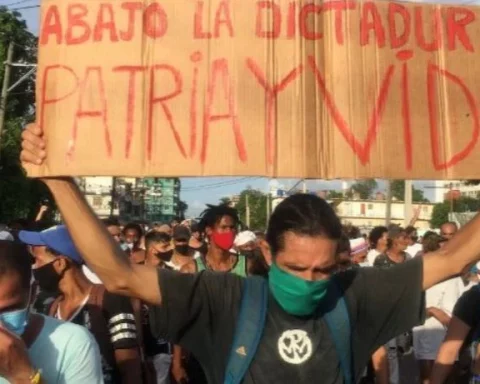The storm that seemed to be behind us gained new chapters in 2022. At least at the beginning of the year, inflation will continue to be pressured by a combination of domestic and external factors, according to specialists and the Central Bank (BC) itself.
International geopolitical tensions, such as the threat of military conflict between Russia and Ukraine, and domestic factors, such as weather problems and this year’s political uncertainties, will pull price indices at least in the first quarter.
In part, the phenomenon of inflation has an external origin and afflicts even developed countries. In the United States, consumer inflation reached 7% in 2021, the highest level since 1982.
In the euro zone, inflation reached 5%, reaching the highest value since the creation of the single currency on the European continent. This scenario occurred despite high unemployment in several countries.
The reopening of economies after the most acute phase of social restrictions caused by the pandemic made the international price of a barrel of oil rise to US$ 80, four times higher than in the most acute phase of the pandemic, when the price fell to US$. 19.
The problem did not just occur with oil. Energy sources such as coal and uranium have also become more expensive.
Tensions between Russia and Ukraine and a bombing of fuel trucks in the United Arab Emirates by Iranian-funded rebels have exacerbated the situation.
With the barrel heading for US$ 90, Petrobras announced the first fuel increase in three months. The readjustment will have an impact on Brazilians’ pocketbooks in the coming weeks, with the decision of the thaw governors o Tax on the Circulation of Goods and Services (ICMS) on fuel.
Another factor that pressured inflation worldwide was the bottleneck in production chains after the reopening of the economy in several countries. In addition to the increase in global demand, the policy of lockdowns in industrial and port areas in China to contain the advance of covid-19 caused a shortage of inputs and imported goods.
Industrialized products became more expensive, with queues of two to three weeks at various ports to unload goods. Shipping has quadrupled or quintupled, depending on the product.
Watch on TV Brazil
central bank
The president of the Central Bank, Roberto Campos Neto, recently acknowledged the challenges to hold inflation at the beginning of 2022. Last week, he admitted that the drought in the South and the floods in Minas Gerais and the Northeast are affecting inflation in the beginning of year.
“Inflation in 12 months in Brazil is close to peak, but we still see oil price increases and highs caused by weather problems. Regions of the country with a lot of rain or drought have already had their harvest damaged, and this already affects the price of food”, said Campos Neto at a virtual event promoted by a bank.
For the BC president, the global energy crisis and the devaluation of the real are contributing to Brazil importing inflation from other countries. “If we imagine that Brazil’s energy inflation was at the average of other countries, Brazil’s total inflation would be lower than that of the United States”, he compared.
After reach 10.06% in 2021, the highest level since 2015, official inflation by the Broad National Consumer Price Index (IPCA) is expected to halve this year, but will remain above the target ceiling.
According to the Focus bulletin, a survey of financial institutions released every week by the Central Bank (BC), inflation should be at 5.15% in this year.
For 2022, the National Monetary Council (CMN) has set an inflation target of 3.5%, with a tolerance margin of 1.5 percentage points. The indicator will have to be between 2% and 5%, so that the president of the Central Bank (BC), Roberto Campos Neto, is not obliged to write a letter justifying the overflow of the target, as happened with the inflation of 2021.
In the document, Campos Neto said that the covid-19 pandemic and the water crisis, which reduced the level of reservoirs, were the main factors that boosted inflation last year. He also attributed the price spike to the rise in the price of several commodities (primary goods with international quotation).
Even with international pressures, there are peculiarities in the Brazilian economy that influence inflation. Last year, the drought in the central-south caused the failure of crops such as corn and sugar cane.
Used to feed livestock, corn had an impact on the price of meat. The reduction in the sugarcane harvest affected the price of gasoline, which contains 27% ethanol in its composition. The harsh winter in 2021 brought frosts that scorched coffee plantations. The grain accumulates high of 46% in the last six months.
uncertainties
Ibmec economics professor Gilberto Braga points out another factor that will complicate inflation this year: political uncertainty and pressure to increase spending in an election year. For him, the unpredictability generated by the electoral process will put pressure on prices, as it will inhibit investments in the productive sector:
“I think inflation is a combination of internal and external factors. External factors certainly contribute, but internal factors are more relevant at the moment. The fact that this is an election year increases the pressure for more public spending, several categories of civil servants are pressing for readjustments, not to mention that the Ministry of Economy has ceded part of the management of the Budget to the Civil House. This generates an unpredictability that delays investments, the generation of jobs and discourages entrepreneurship”.
According to Braga, inflation should fall due to interest rate hikes promoted by the Central Bank, but this will only occur in the second quarter. “Inflation should fall due to responses to higher interest rates still expected for the beginning of 2022. The indices should start to fall in the middle of the year, but remaining at around 5% annualized, above the ceiling of the target”, he estimates. the economics teacher.
